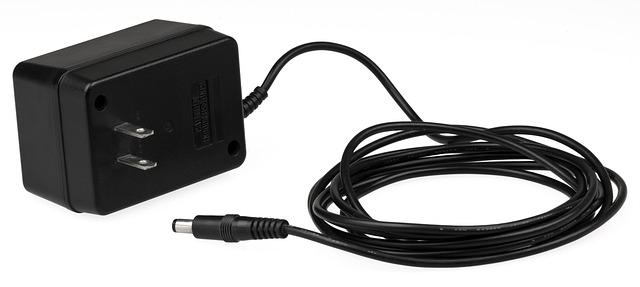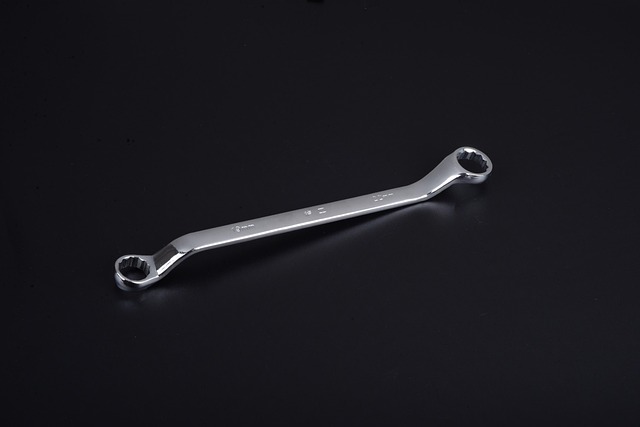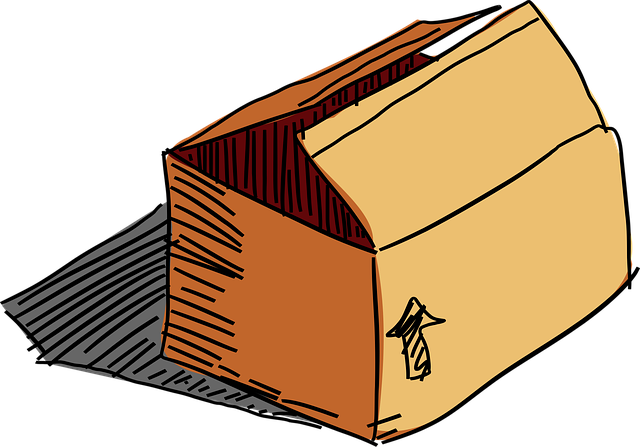Warts caused by HPV can be removed with non-toxic methods like cryotherapy (using liquid nitrogen) and topical treatments (salicylic acid or immunomodulators). These options are painless, have minimal side effects, and promote skin health. For faster relief, clinic services enhance immune response. Holistic strategies focusing on immune system strengthening and hygiene prevent recurring warts. Specialized clinics offer advanced, painless wart removal methods for long-term relief.
Looking for lasting solutions to get rid of warts? This comprehensive guide explores effective, long-term strategies for wart removal. We delve into the science behind these stubborn skin growths, understanding their causes and impact on your health and confidence. From non-invasive treatment options to harnessing the power of the immune system, we offer a range of painless wart removal methods. Additionally, discover preventative measures to avoid recurrence and reclaim smooth, wart-free skin for good.
- Understanding Warts: Causes and Impact
- Exploring Non-Invasive Treatment Options
- The Role of Immune System in Wart Removal
- Long-Term Prevention Strategies for Recurrence
Understanding Warts: Causes and Impact

Warts are small, rough growths that can appear anywhere on the skin. They are caused by the human papillomavirus (HPV), which infects the top layer of skin cells and triggers an overgrowth of tissue. While warts can be harmless, they may cause discomfort or pain, especially if they develop on sensitive areas like fingers or feet. Some people seek immediate painless wart removal methods, while others prefer long-term solutions to prevent future occurrences.
Understanding the causes and impact of warts is essential when considering the best wart removal rotherham or private wart removal wakefield options. Non-toxic methods, such as cryotherapy (freezing) or topical treatments, are popular choices for their effectiveness and minimal side effects. These approaches aim to weaken and eventually remove the wart without causing significant pain or leaving permanent scars, ensuring patients experience relief while maintaining overall skin health.
Exploring Non-Invasive Treatment Options

When exploring long-term solutions for wart removal, it’s crucial to consider non-invasive treatment options that offer effective and comfortable relief. One such method gaining popularity is cryotherapy, which involves freezing warts with liquid nitrogen. This painless wart removal technique is often preferred due to its minimal side effects and high success rates. It’s a quick procedure, typically done in a private setting like a clinic or private wart removal service in Rotherham, Blackburn, or Southend-on-Sea, ensuring discretion.
For those seeking a more natural approach, topical treatments with salicylic acid or immunomodulators can be effective over time. These options are available at pharmacies and can be applied at home, offering convenience and privacy. While they might require more patience, as compared to cryotherapy, they’re suitable for various wart types and can provide lasting results when used consistently. Private wart removal Essex services, for instance, often recommend these topical solutions alongside other non-invasive procedures to tailor a treatment plan that suits individual needs.
The Role of Immune System in Wart Removal

Warts are caused by the human papillomavirus (HPV), which can lead to prolonged periods of discomfort and unsightly growths if left untreated. The immune system plays a pivotal role in wart removal, as it is responsible for identifying and combating foreign invaders like HPV. A robust immune response can effectively target and eliminate warts, leading to their disappearance over time. This natural process often renders external interventions unnecessary, especially when the body’s defense mechanisms are strong.
For those seeking a lasting solution, understanding the immune system’s involvement in wart removal is crucial. Painless wart removal methods, such as those offered by top clinics like Salford Wart Clinic, Rotherham Wart Clinic, or Lancaster Preston, can aid in enhancing the body’s natural defenses. These clinics employ techniques that minimize discomfort and promote faster healing while strengthening the immune response, ensuring more effective long-term results.
Long-Term Prevention Strategies for Recurrence

To prevent warts from returning after a successful removal, it’s crucial to adopt long-term strategies that focus on boosting your immune system and maintaining good hygiene practices. Regularly sanitizing your hands and keeping them away from infected surfaces can significantly reduce the risk of re-infection.
Consider visiting specialized clinics like the Leeds Wart Clinic, Merseyside St-Helens Wart Clinic, or private facilities in Guildford for expert advice tailored to your needs. They might recommend over-the-counter treatments or offer advanced, painless wart removal methods as part of a comprehensive strategy to ensure long-term relief and prevent future outbreaks.
When seeking long-term solutions for wart removal, it’s essential to consider a multi-faceted approach. While non-invasive treatments like cryotherapy and topicals offer temporary relief, understanding the immune system’s role in wart elimination provides a more sustainable path. By combining this knowledge with preventive strategies, such as maintaining good hygiene and strengthening immunity, you can achieve effective, long-lasting results. For those seeking truly painless wart removal methods, exploring natural remedies and immuno-boosting techniques proves invaluable, ensuring both comfort and permanent wart dissipation.
